If you’re a homeowner with substantial equity in your property but don’t want to take on more monthly payments or a traditional loan, a home equity agreement (HEA) may be worth considering.
An HEA lets you access cash from your home’s equity without debt or monthly payments, but you give up a share of future value. Typically, it’s best for homeowners needing cash without a loan, as opposed to a HELOC or a home equity loan, as they can be costly if your home significantly appreciates.
HEAs are growing in popularity, especially in markets with rising home prices. Whether you’re in Dallas, San Jose, or somewhere in between, this alternative could offer a flexible solution.
This Redfin real estate article will go over how a HEA works and how it compares to other ways to access home equity.

What is a home equity agreement (HEA)?
A home equity agreement or HEA – sometimes called a home equity sharing agreement, shared appreciation agreement, or home equity investment – allows you to unlock some of the value in your home without taking on a new loan or monthly payments.
Instead of borrowing money from a bank, an investor gives you a lump-sum cash payment today in exchange for a share of your home’s future value. You remain the homeowner and continue living in the property, but an investor places a lien or stake in your home’s future appreciation.
The agreement usually ends when you sell your home, refinance, or reach the end of a fixed term (often 10 to 30 years). At that time, you repay the investor based on your home’s market value at that point. Basically, an HEA lets you unlock cash today in exchange for giving up a portion of your home’s future gains.
How a home equity agreement works
Once you understand what a home equity agreement is, it’s helpful to see how the process actually works from start to finish. Here’s a look at how an HEA typically works:
Home valuation: The process starts with a professional appraisal or market analysis to determine your home’s current value and available equity. The investor uses this number to calculate how much cash you can receive.
You receive an upfront payment: A company or investor provides a lump-sum cash payment, usually 5% to 20% of your home’s value, based on your equity and the terms of the agreement. You can use the funds for home improvements, debt consolidation, or other major expenses.
You don’t make monthly payments: Unlike a home equity loan or HELOC, an HEA doesn’t require monthly payments or interest. You continue to own and live in your home while the investor waits for repayment at the end of the agreement.
Investor’s lien: To secure their stake, the investor places a lien on your property. You remain the full legal owner and are still responsible for property taxes, insurance, and maintenance. Because the investor’s lien remains on your property until repayment, it can affect future borrowing. If you decide to refinance or take out another home loan, you may need to pay off or restructure the HEA before doing so.
Term length: Most HEAs last between 10 to 30 years, or until you sell your home, refinance, or buy out the investor’s share.
Repayment: When the term ends, or if you sell or refinance earlier, you repay the investor the original amount plus their agreed-upon share of your home’s appreciated (or depreciated) value. If your home increases in value, they earn a portion of that gain; if it loses value, they share in the loss.
Fees and costs: While HEAs don’t include interest charges, they can have origination fees, appraisal costs, and closing or early termination fees, typically 3% to 5% of the amount you receive.
HEA example scenario:
Let’s say your home is currently valued at $400,000. An HEA provider offers you $40,000 in exchange for 10% of your home’s future value. Ten years later, you sell your home for $500,000. The provider receives $50,000 (10% of $500,000), meaning you pay back more than you received, but you didn’t have to make payments for a decade.
What are the pros and cons of a home equity agreement?
A home equity agreement can be an appealing way to access cash without taking on debt, but like any financing option, it comes with both advantages and trade-offs. Here’s what to know before deciding whether it’s right for you.
Pros of HEAs
- Debt-free option with no monthly payments or interest: With an HEA, there’s no new loan involved, no interest rate, and no risk of defaulting on payments. You receive cash in exchange for a share of future home value, not borrowed funds, and get to keep more flexibility in your monthly budget.
- Flexible qualification and fund use: HEAs often have more lenient credit score and income requirements than traditional loans, opening the door to homeowners who might not qualify elsewhere. You can use the money for home improvements, debt consolidation, education, medical bills, or other personal expenses.
- No risk of foreclosure for missed payments: Because there are no monthly payments, you’re not at risk of foreclosure from nonpayment. However, failing to meet the agreement’s terms (such as maintaining the property, paying taxes, or keeping insurance current) could still lead to legal consequences.
- Shared-risk structure: If your home’s value decreases, the investor shares in the loss, potentially lowering your repayment amount.
- No immediate repayment pressure: The balance isn’t due until the agreement term ends, you refinance, or you sell the property.
Cons of HEAs
- You give up a share of future home value: The biggest drawback is that you’re selling a portion of your home’s future appreciation. If your property value rises sharply, you could repay far more than the amount you initially received.
- Repayment can be unpredictable and high: Because repayment is tied to your home’s market performance, you won’t know the exact payoff until the agreement ends. If your home appreciates significantly, the investor’s share can be substantial — sometimes exceeding what a traditional loan would have cost.
- Restrictions and limited control: Some HEA contracts limit how and when you can sell, refinance, or renovate your property. You may need investor approval for certain home improvements or refinancing decisions, and the lien can complicate future financing.
- Potential refinancing limitations: The investor’s lien can make refinancing or taking out additional home loans more complicated, since most lenders require the lien to be satisfied or subordinated before approving new financing.
- Large lump-sum repayment: When the term ends, you’ll typically need to repay the investor in one lump sum. If you’re not selling your home, that could mean coming up with funds through refinancing, savings, or extending the agreement.
- Fees and long-term costs: Although HEAs don’t include interest payments, they carry origination, appraisal, and closing fees – usually 3%-5% of the cash you receive. Over time, if your home appreciates quickly, the investor’s share could cost more than a standard home equity loan or HELOC.
Is a home equity agreement a good idea?
An HEA can be a smart alternative to traditional borrowing, but it’s not right for everyone. Before moving forward, consider your financial goals, homeownership timeline, and comfort with sharing future equity.
You might consider an HEA if:
- You have significant equity in your home and want to access cash without taking on new debt or monthly payments.
- You don’t qualify for, or want to avoid, a home equity loan or HELOC due to credit, income, or debt-to-income limitations.
- You’re planning to sell soon and are confident that your home value will appreciate in the near future. This could be an effective way to tap into the value of your home without the burden of debt.
- You value cash flow flexibility now and are comfortable with giving up a portion of your home’s future appreciation.
You might avoid an HEA if:
- You expect your home’s value to rise significantly, since the investor’s share could cost more than a loan in the long run.
- You plan to stay in your home long-term and don’t want to face a large lump-sum repayment later.
- You’re considering refinancing or additional borrowing, as the investor’s lien can complicate future financing.
- You’re uncomfortable with outside restrictions on how you can sell, refinance, or improve your property.
An HEA is typically best for homeowners who want quick access to cash and are comfortable giving up some future appreciation. It’s especially useful for those with shorter ownership timelines or limited borrowing options, while homeowners planning to stay put long-term – and expecting strong home value growth – may be better served by a traditional home equity loan or HELOC.
HEA vs. HELOC vs Home equity loan
| HEA | HELOC | Home Equity Loan | |
| Cash access | Lump sum (one-time) | Borrow as needed | Lump sum (one-time) |
| Repayment | One-time payment when sold or term ends | Monthly payments + interest | Monthly payments + fixed interest |
| Monthly payments | None | Required | Required |
| Interest | No interest | Variable or fixed | Fixed |
| Equity impact | Gives up share of future home value | No equity given up | No equity given up |
| Risk | Owe more if home appreciates; possible minimum repayment if value falls | Foreclosure risk if payments missed | Foreclosure risk if payments missed |
| Best for | No-debt cash with no monthly payments | Flexible borrowing over time | Predictable repayment with fixed terms |
Which is better?
It depends on the homeowner’s financial goals. If you want debt-free cash with no monthly payments, an HEA may be a good fit. If you prefer flexible borrowing and ongoing access to funds, a HELOC is likely the better choice. If you need a lump sum and want predictable monthly payments with a fixed interest rate, a home equity loan might be the best option.
Each option has trade-offs. The best option depends on how much flexibility, risk, and repayment responsibility the homeowner is comfortable taking on.
How to get a home equity agreement
Getting a home equity agreement involves a few key steps, similar to a home loan but with different approval criteria. Here’s how the process usually works:
- Check eligibility: Most HEA providers require at least 25% to 30% equity in your home, a minimum credit score (often around 620+), and that the home is your primary residence or an investment property.
- Compare providers: Different companies offer varying terms, fees, and payout amounts. Shop around to find the best deal for your situation.
- Get a home appraisal: The provider will assess your home’s market value to determine how much cash you can receive. This often involves a professional appraisal, which you may need to pay for upfront.
- Review the terms: Carefully read the agreement, including how much equity you’re giving up, fees, and repayment terms. Some agreements have early buyout restrictions or additional costs.
- Receive your payout: Once approved, you’ll get a lump-sum payment, typically 10% to 30% of your home’s value, minus any fees.
- Manage your agreement: You won’t make monthly payments, but you’ll need to maintain the home and stay within the agreement’s terms. The HEA is repaid when you sell, refinance, or at the end of the term.

FAQs: Home equity agreements
1. Can I use a home equity agreement on an investment property or a second home?
It depends on the provider. Some HEA companies allow agreements on second homes and investment properties, while others require the home to be your primary residence. If you’re looking to access equity from a rental property or vacation home, check with individual providers to see if they offer this option.
2. How does a home equity agreement impact estate planning and inheritance?
If the homeowner passes away before the HEA term ends, the agreement typically transfers to their heirs. The heirs may need to sell the home, refinance, or buy out the investor’s share to settle the agreement. Some HEA providers may have specific clauses related to inheritance, so reviewing the contract is essential.
3. What happens if I want to buy out the investor’s share before selling?
Many HEAs allow homeowners to buy out the investor’s share before selling, but this often comes with fees or a required holding period before a buyout is permitted. The buyout price is typically based on the home’s appraised value at the time of the buyout, meaning you could owe more than you originally received if the home has appreciated.
4. Can I combine an HEA with a mortgage, HELOC, or other home equity products?
Yes, but there are restrictions. Some HEA providers allow homeowners to have a mortgage or HELOC alongside a HEA, while others prohibit additional liens or refinancing without approval. If you already have a mortgage, the HEA provider will often require you to have at least 25% to 30% equity in the home.
5. What maintenance or home condition requirements come with an HEA?
Most HEA agreements require homeowners to maintain the property to protect its value. This means you must keep up with repairs, insurance, and property taxes. Some agreements include clauses that allow the investor to inspect the home periodically or place restrictions on significant renovations.
6. How do HEA providers determine my home’s future value share?
HEA providers base their share on your home’s current appraised value and projected appreciation. The investor typically takes a larger percentage of future appreciation than the percentage of cash they provide upfront. For example, if they give you 10% of your home’s value in cash, they might claim 20% to 30% of future appreciation.
7. Can I negotiate the terms of a home equity agreement?
Some aspects of an HEA may be negotiable, such as the fees, percentage of appreciation given up, and early buyout options. However, many providers have standardized contracts, making negotiations difficult. It’s a good idea to compare multiple providers to find the most favorable terms.
8. What are the biggest risks of an HEA in a declining housing market?
If your home loses value, the investor may share in the loss, but this depends on the agreement. Some HEAs guarantee a minimum repayment amount, meaning you could still owe more than your home is worth. A market downturn could also make refinancing or selling the home more challenging, leaving you with limited options when the agreement term ends.
The post What Is a Home Equity Agreement (HEA)? A Debt-Free Way to Access Your Home’s Value appeared first on Redfin | Real Estate Tips for Home Buying, Selling & More.





Join The Discussion